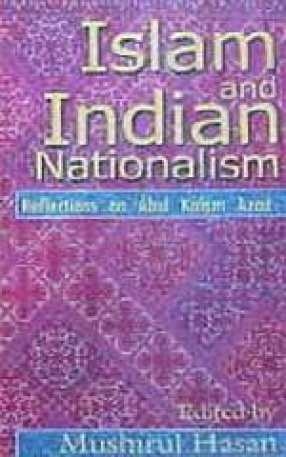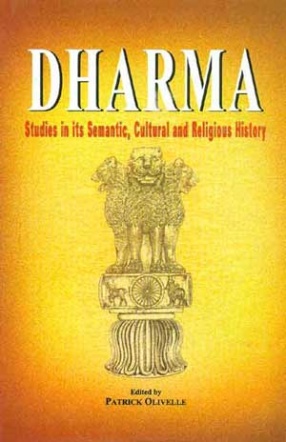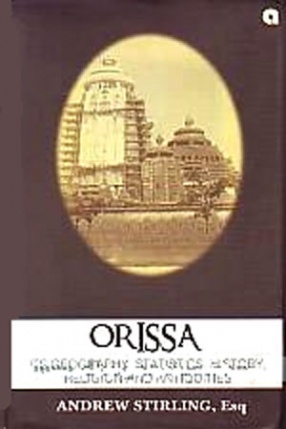This scholarly collection of essays, the first to be published in the English language since the volume edited by Humayun Kabir in 1959, offers a thorough reappraisal of Maulana Abul Kalam Azad’s early life, his intellectual antecedents, his standing as a religious scholar, his contribution to the cause of inter-communal harmony and his role in providing the basis of a secular society in India. Azad’s political trajectory is delineated, perhaps for the first time with such scholarly rigour, in the context of the nationalist struggles in West Asia and India. The analysis offered is refreshingly different from the more established accounts of Azad’s public life. This book is an attempt to understand the ‘message’ and what it meant to Azad’s contemporaries. It is able to throw light on both the forces which led important sections amongst Muslims to choose the path of secular nationalism and the factors which contributed to their overall failure in terms of how independence was eventually achieved. The overall message of this work is loud and clear. Indian Muslims have a strong secular, nationalist tradition which should neither be forgotten nor submerged beneath the rationalization of the ‘victors’, the protagonists of the two nation theory and the founders of Pakistan.
Charisma and Canon: Essays on the Religious History of the Indian Subcontinent
In the nation states of ...
$29.70
$33.00





There are no reviews yet.